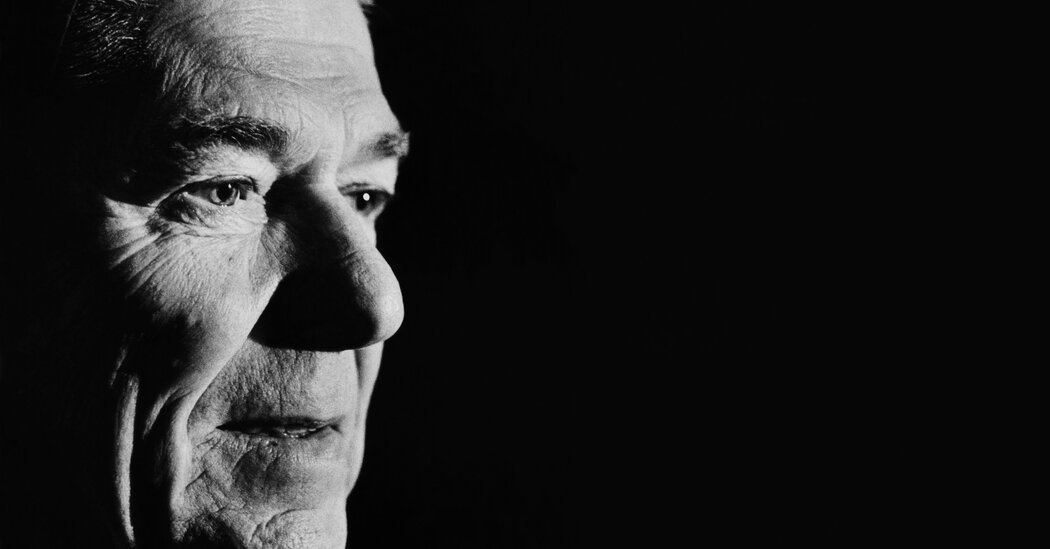
With proponents of Proposition 6 looking at what seemed like an unobstructed path to victory, those in opposition wondered what one of the state’s most popular Republicans, its former governor Ronald Reagan, thought about the measure. His record on gay issues was mixed. In 1967 a newspaper columnist accused him of firing two gubernatorial aides after discovering their participation in “a homosexual orgy”; Mr. Reagan, reportedly wanting to protect the men’s privacy, furiously denied the charge. After taking a beating in the press, he eventually admitted to firing the aides and publicly called homosexuality a “tragic illness” that “should remain illegal.”
Nevertheless, an enterprising gay activist leading the No on 6 campaign, David Mixner, sensed an opportunity. He knew that Mr. Reagan, with his Hollywood background, was more familiar with gay people than the average American and that the former actor was an advocate for limited government and individual rights. He set up a meeting with one of Mr. Reagan’s senior aides, himself a closeted gay man, to make the case against Proposition 6.
Mr. Mixner persuaded the aide to arrange an audience with his boss. To persuade him to oppose Proposition 6, Mr. Mixner used Mr. Reagan’s own language: “Anarchy,” he told the former governor, who had used that word to describe campus unrest at Berkeley, would be unleashed in classrooms statewide as students lodged spurious charges of homosexuality against their teachers. Disciplinary proceedings would in turn spark court challenges, and the power of state authorities over school boards would increase — a development that ought to raise alarms with any advocate of local control, as Mr. Reagan was. Finally, endless witch hunts against teachers would swell administrative budgets and legal costs, bugbears of every small-government conservative.
Mr. Reagan, Mr. Mixner told me four decades later, “almost grinned” as he heard the case, “like he was looking for an excuse not to support these people.”
A few days later, Mr. Mixner’s gambit paid off. “I don’t approve of teaching a so-called gay lifestyle in our schools,” Mr. Reagan announced. But Proposition 6 “has the potential of infringing on basic rights of privacy and perhaps even constitutional rights.” He made a more substantive case in his syndicated column published a week before the election, refuting the claim that gays had a greater propensity to be child molesters and the canard that they joined the teaching profession to recruit impressionable youngsters.
On Election Day, voters rejected Proposition 6, 58 percent to 42 percent, a nearly exact reversal of what the polls indicated just two months earlier. “That one single endorsement — Ronald Reagan’s — turned the polls around,” Mr. Briggs groused after the election. The Rev. Jerry Falwell, then emerging as a leader of an increasingly powerful voting bloc, evangelical Christians, declared that Mr. Reagan had taken “the political rather than the moral route” and would “have to face the music from Christian voters two years from now.”








